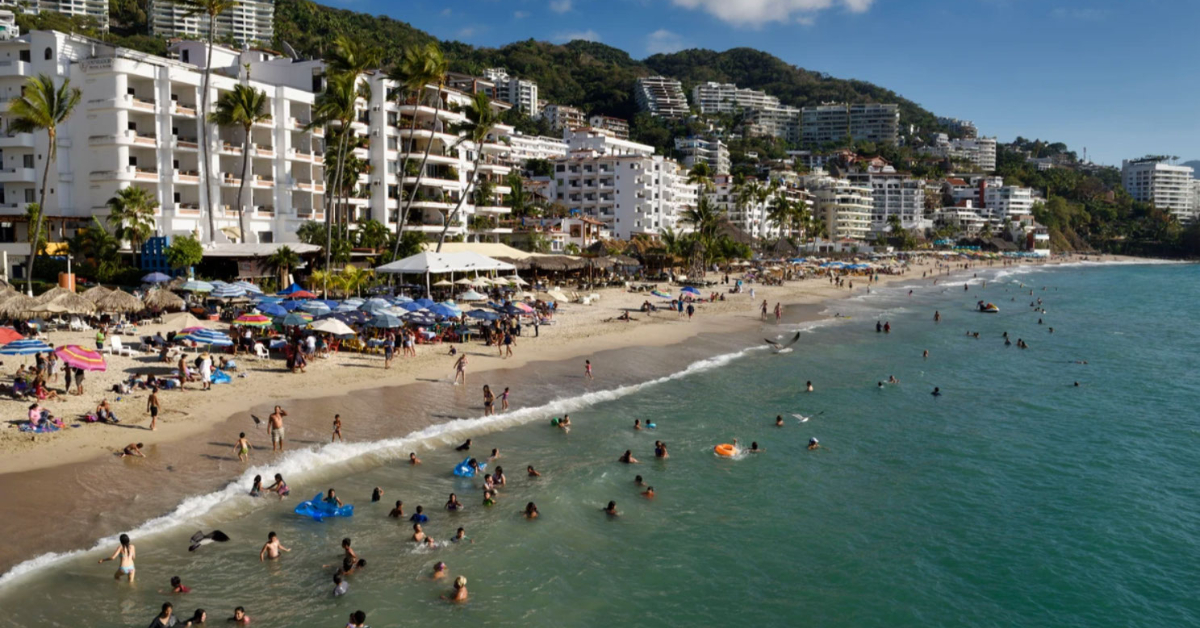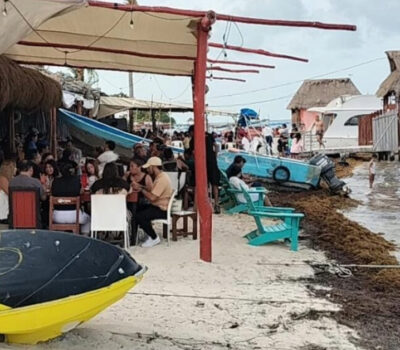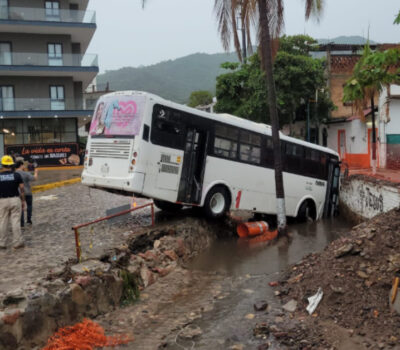PUERTO VALLARTA – The Jalisco New Generation Cartel (CJNG), known for its vast drug trafficking operations, has been exposed for its fraudulent side business targeting American tourists.
The U.S. Treasury Department recently sanctioned eight Mexican companies linked to a timeshare scam in the popular beach resort of Puerto Vallarta.
The elaborate scheme convinced timeshare apartment owners that potential buyers were interested in their properties. Once convinced, these owners were asked to pay fees and taxes to finalize sales transactions. The catch?
According to a U.S. Department of Treasury press release, these companies would vanish after completing the transaction.
These sanctioned entities, masked as legitimate financial or real estate firms, have direct or indirect connections to CJNG’s fraudulent activities. “As CJNG has consolidated territory over the past decade, it has added other crimes to its core activity of drug trafficking,” highlighted OFAC Director Andrea M. Gacki.
Notably:
- Three of the companies operate from Puerto Vallarta, Jalisco.
- Two have set up in the nearby resort town of Bucerías, Nayarit.
- Another three are based in Guadalajara, Jalisco.
Documents revealed that most of these firms have been operational since at least 2013.
The Treasury commented on Puerto Vallarta’s significance: “Puerto Vallarta is a CJNG strategic stronghold for drug trafficking and various other illicit activities.” The region has been previously spotlighted for the cartel’s connections to various local establishments, including nightclubs, bars, and restaurants.
The implicated companies include Servicios Administrativos Fordtwoo, Integración Badeva, JM Providers Office, Promotora Vallarta Uno, Recservi, Corporativo Title I, Corporativo TS Business Inc, and TS Business Corporativo. A notable pattern emerged: the CJNG frequently changed the legal representatives of these entities every two years and used name lenders to register them. Disturbingly, some of these name-lenders may either be deceased or unaware of their association with such criminal endeavors.
Teodoro Ramírez Valenzuela, a public notary in Puerto Vallarta, registered five of the eight listed companies. Responding to inquiries, Ramírez stated that by law, they can’t discriminate against clients or demand detailed information about their businesses.
A deep dive into one such company, Administrativos Fordtwoo, reveals intricate networks. Founded by Jared Guzmán Pérez and José Manuel Santana Escobar in 2013 when both were college students, Guzmán Pérez has held multiple roles in the Mexican government. The company’s legal representative, Luis Lorenzo Gómez Arias, also represents two other blacklisted firms from the scheme. These connections hint at the vast web spun by the CJNG to camouflage their illicit activities.
The U.S. investigation unveiled direct payments from Administrativos Fordtwoo to senior CJNG operatives. High-ranking cartel members mostly manage the fraudulent companies, but they frequently register under unsuspecting individuals or lawyers connected to multiple crime syndicates.
At the heart of this operation are three top CJNG leaders: Carlos Andres Rivera Varela, “La Firma”; Francisco Javier Gudino Haro, “La Gallina”; and Julio Cesar Montero Pinzon, “El Tarjetas.” Rivera Varela, a Colombian, is reported to be Nemesio Oseguera’s (“El Mencho” – CJNG’s chief) direct point person in Puerto Vallarta.
The group behind this timeshare scam is not just limited to fraud. They are believed to be based in Puerto Vallarta and are also involved in orchestrating political assassinations using advanced weaponry.
PUERTO VALLARTA – The Jalisco New Generation Cartel (CJNG), known for its vast drug trafficking operations, has been exposed for its fraudulent side business targeting American tourists.
The U.S. Treasury Department recently sanctioned eight Mexican companies linked to a timeshare scam in the popular beach resort of Puerto Vallarta.
The elaborate scheme convinced timeshare apartment owners that potential buyers were interested in their properties. Once convinced, these owners were asked to pay fees and taxes to finalize sales transactions. The catch?












